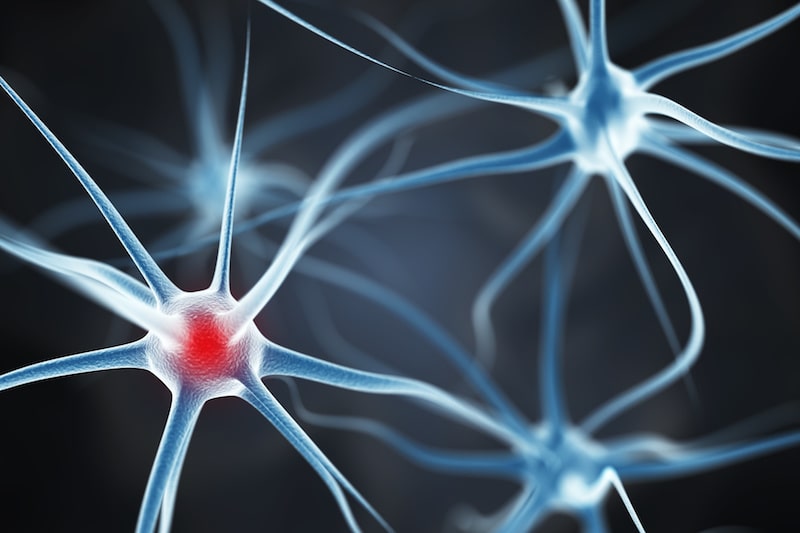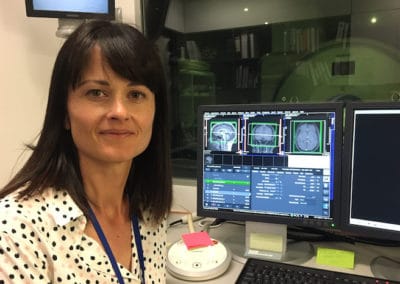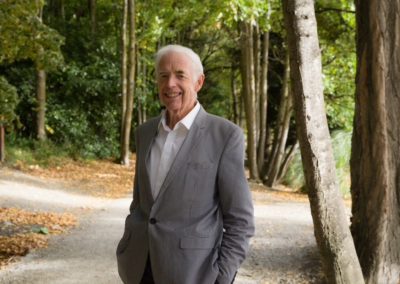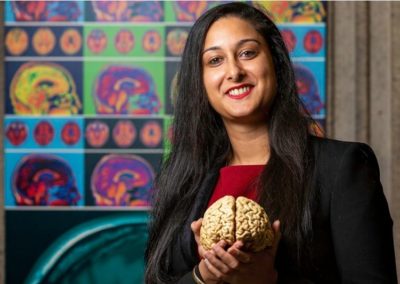In its latest 2020 funding round, the Health Research Council (HRC) has announced $14.4 million in funding for research that will directly improve the delivery of healthcare services in New Zealand.
The 32 research grants funded are part of the HRC’s new Health Delivery Research portfolio. HRC Chief Executive Professor Sunny Collings says this new funding is significant as it supports research that will inform changes to policy, practice or systems in New Zealand’s health and disability sector, with a strong focus on achieving health equity for Māori and Pacific peoples. It also supports researchers from across a broad range of both academic and health professional backgrounds.
“We recently redesigned our investment in health delivery research to support and develop more researchers, clinicians and other health professionals working on the frontline of New Zealand’s healthcare services – our hospitals, community health clinics and the like. For us to see tangible and ongoing improvements in New Zealand’s health system, it’s vital to have health professionals engaged in research, so we’re pleased to see so many involved in these funded projects – we’d like to see even more,” says Professor Collings.
As part of this funding round, the HRC has awarded 10 Health Delivery Research Project Grants and 22 Health Delivery Research Activation Grants, a new initiative designed to help established or prospective researchers and research providers get ready for undertaking further health delivery research.
Several Brain Research New Zealand members received grants in this funding round – read on to find out more about their projects.
2020 Health Delivery Research Projects
Professor Pauline Norris, University of Otago: Access to medicines: Exploring lived experience to inform policies and programmes
36 months, $1,349,520
Medicines are extremely important for treating illness and for keeping people healthy. Yet many groups of people miss out on medicines they need, or do not use them appropriately. This project will be a collaboration between researchers and PHARMAC, to inform PHARMAC’s work to improve equity in medicines use and access. We will select households from the following groups: Māori, Pacific, people living in poverty, and refugees, and use a variety of methods such as interviews (including in-depth kanohi ki te kanohi and shorter phone interviews) and observation, to explore their interactions with the healthcare system and the barriers to accessing and using medicines appropriately. We will follow households for a year, mapping their journeys through the healthcare system, exploring whether and how their needs are met, identifying how this could be improved, so that PHARMAC can use this information to inform their policy and programmes.
Health Delivery Research Activation Grants
Dr Gary Cheung, The University of Auckland: Getting ready for the first clinical trial for Māori with dementia
9 months, $28,103
The Māori population is ageing at a faster rate than their Pākehā counterparts. The number of Māori diagnosed with dementia will increase in the coming decades. International experience suggests there is a role for non-pharmacological intervention in the treatment of dementia. Until now there has never been a dementia intervention developed for Māori. In 2019, we worked with the Alzheimer’s Society in Eastern Bay of Plenty and kaumātua of Ngāti Awa. We successfully modified Cognitive Stimulation Treatment (CST), an evidence-based group dementia intervention initially developed in the UK, for Māori. The efficacy of this newly modified intervention will need to be tested in a clinical trial. The aims of this research activation grant are to develop relationships and build skill/capacity in dementia services in five district health boards as part of our preparation to design the first dementia clinical trial for Māori.
Professor Leigh Hale, University of Otago: Maintaining of wellness of people with long-term conditions in southern NZ
12 months, $28,683
The Southern DHB, WellSouth PHO and the Otago School of Physiotherapy are currently working together to develop a generic exercise and education programme to support the health and wellness of people living with long-term conditions across the southern district. This activation grant aims to explore how to transform a current city-based programme with demonstrated benefit to a programme able to support people living anywhere within southern New Zealand. As this programme will be delivered in communities of varying sizes, situated across a large and frequently remote region, a systematic approach of how to remotely deliver and support it are required. This approach will necessitate a systematic critique of extant literature; building of community relationships; and co-creation of appropriate skills and capacity. This knowledge will enable future implementation research of the new generic, community-wide programme into southern NZ.
Professor Pauline Norris, University of Otago: Measuring Turanga Health’s impact on food security and food sovereignty
6 months, $30,000
The Tairāwhiti region produces an enormous amount of food yet many Māori in the region experience food insecurity. Te Hauora o Turanganui a Kiwa Ltd (Turanga Health), a Māori health provider in Gisborne, is embarking on a programme of work to explore food sovereignty and increase food security. This includes establishing a garden on iwi land to enable therapeutic gardening and harvesting, and establishing school vegetable gardens. Researchers from the University of Otago and Turanga Health would work together to develop measures of food sovereignty and food security that take into account the cultural and geographical context. These would include traditional household-level measures of food security, and wider iwi-level measures around sovereignty and food production. Development of measures would involve literature review, discussion and consultation. The resulting measures could then be used in a wider project to measure the impact of Turanga Health programmes.
The content for this article is based on an HRC media release.



